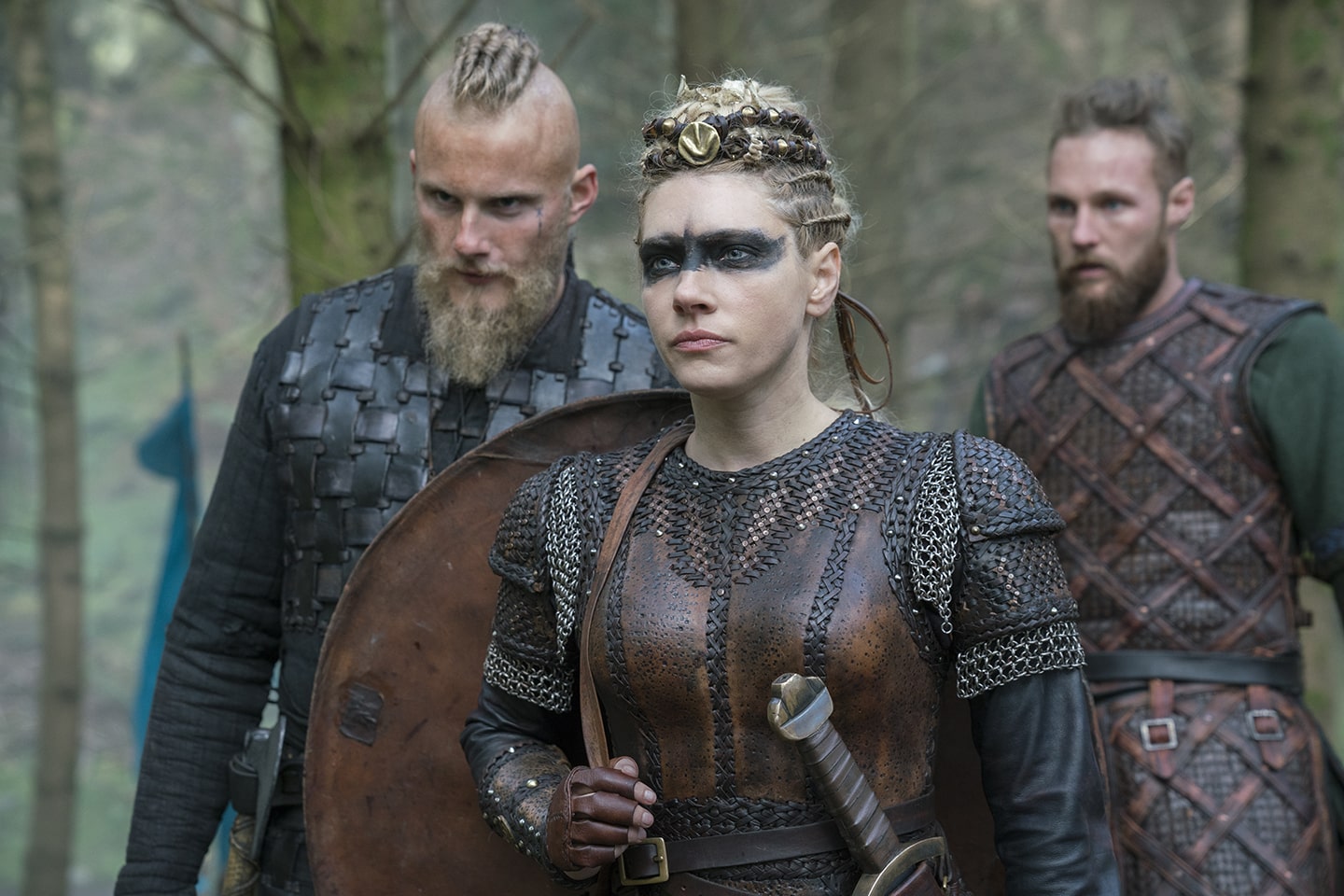For more than three years, internal conflict has raged among the shareholders of Octagon Films, one of Ireland’s most illustrious television and film production houses. The Berlin-based film company, W2 Film Produktions, is suing Octagon directors Morgan O’Sullivan and James Flynn claiming they systematically diverted over €40 million from the company either to themselves or related businesses. The claims are categorically denied. W2 is a 49 per cent shareholder of Octagon. O’Sullivan and Flynn, who have worked on everything from Hollywood blockbusters like Braveheart to award winning Irish series Love/Hate, control the rest of the business. Given the timeframe to…
Cancel at any time. Are you already a member? Log in here.
Want to read the full story?
Unlock this article – and everything else on The Currency – with an annual membership and receive a free Samsonite Upscape suitcase, retailing at €235, delivered to your door.

